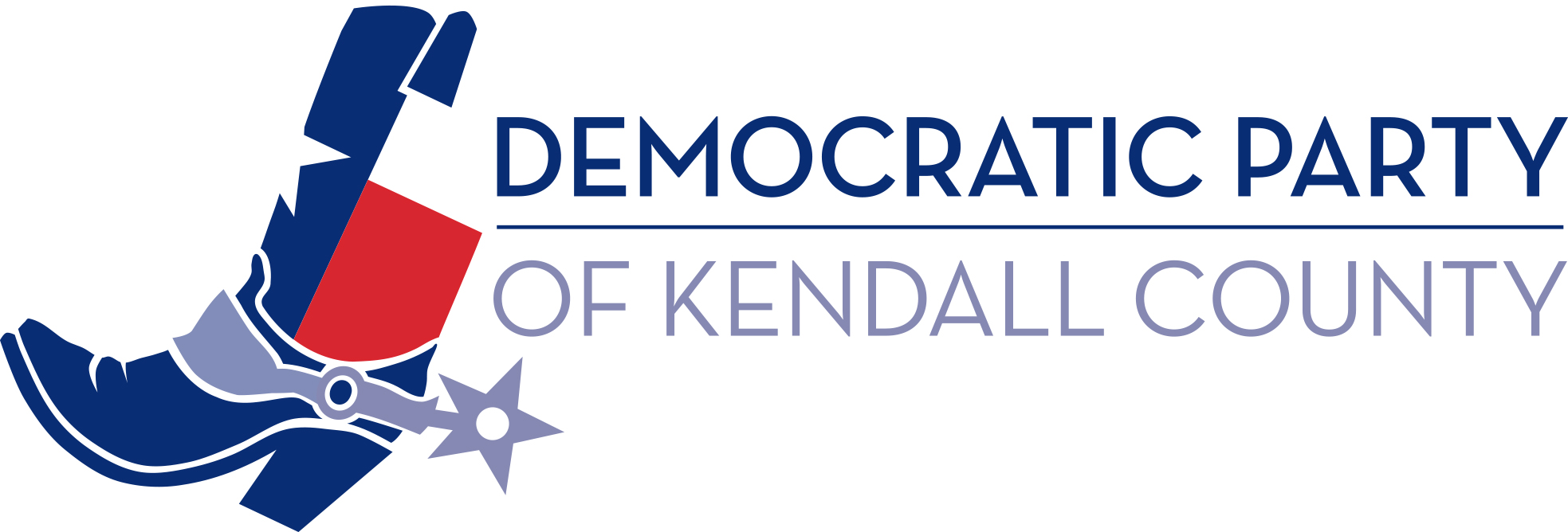by Steven M. Smith, Ph.D.
for the “Progressive Views” column, Boerne Star, June 1, 2018

Given the current political climate there seems to be an endless public discussion pertaining to ethics. There are ethics committees and ethics agencies at both the state and federal levels so many that they appear ubiquitous if not redundant. However, does the average citizen possess a fundamental understanding of what ethics is and what comprises or constitutes ethics? This essay attempts to answer the posited question and construct a standard, or bar if you will, whereby to judge political candidates.
According to several American and Oxford English dictionaries ethics is a branch of philosophical knowledge that deals with moral principles and that arise to guiding principles of conduct of an individual or group of individuals. Ethics are guiding principles as to discern what is good or bad and are standards which govern the life of a person or group. There are a number of ethical principles; however, there appear to be four that are salient today. These principles are: Honesty, Loyalty, Respect and Integrity.
Ethics as a platform of debate and discussion dates back to the Greek philosophic tradition. Aristotle held the previously mentioned principles as virtues that are dispositions to act in ways that benefit both the person possessing them and that person’s society. Rene’ Descartes [1596-1650] in his seminal work Principea Philosophe was the first thinker to emphasize the use of reason to morals and ethics (plato.stanford.edu). Later, the Flemish philosopher, Arnold Geulinex, produced a treatise on ethics along the thinking of Descartes in 1655. Drawing upon the Greek philosopher Archytas he stated that from its beginning the study of morals has always been intimately related to ethics and politics.
The Age of Reason gave rise to the German philosophic tradition, in particular Immanuel Kant [1724-1804]. In his seminal work, Critique of Pure Reason, Kant argued that reason is the source of morality. Kant defended the concept of duty as central to morality: humans are bound, from a knowledge of their duty to obey and respect other humans. Now the concept of duty is introduced into the discussion of ethics. This treatise and others continued in the German philosophic tradition to a utilitarianism that asserts that the guiding principle should be the greatest benefit for the greatest number.
This brings us to the current school of ethics in Western philosophy. According to Dr. Arturo Perez, Adjunct Professor at the University of Maryland, “Ethics are rules of conduct. Ethics come from people’s awareness of what is right and wrong. Ethics are moral codes which everyone must conform to. Ethics come from within a person’s moral values.”
Given the aforementioned definitions and premises, how does one construct a platform or bar by which to judge a political candidate? Ethics and its comprising four principles may be viewed as a stool with four legs. The platform of Ethics is supported by four pillars: Honesty, Loyalty, Respect and Integrity and rigidly bound together by a sense of Duty. If one of these pillars collapses the platform becomes unstable. If more than one collapses the entire platform crumbles. Since the platform of Ethics is elevated by its pillars a bar is therefore established. That bar of Ethics becomes a benchmark whereby to judge political candidates based upon those four pillars of morality and sense of duty.
Given the constructs of ethics established, let us explore some hypothetical scenarios. The first being a person wishing to be elected to the State House based upon being a champion of the Second Amendment. If this person was, as a matter of public record, issued a restraining order to prevent that person from contacting his or her spouse and children because of domestic violence, would that person achieve the bar of ethical standards? The answer is No, as the pillar of Respect is in shambles. Second, if a Congressional Representative uses public funds to settle a sexual harassment claim and refuses to repay the taxpayers, would that person achieve the bar of ethical standards? The answer is No, as the pillar of Integrity is in shambles. We could talk more about Honesty and Loyalty; however, President Trump and his 3,000 lies and Senator Ted “Tea Party” Cruz shutting down the federal government for a month do not deserve my time.
With the midterm and fall elections pending I encourage all readers to place each candidate under the microscope of discernment and examine each with regard to their duty, morals and ethics.


